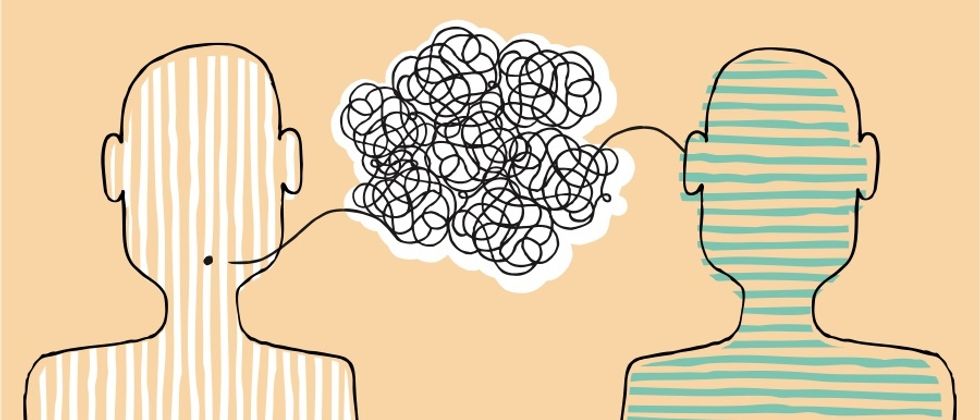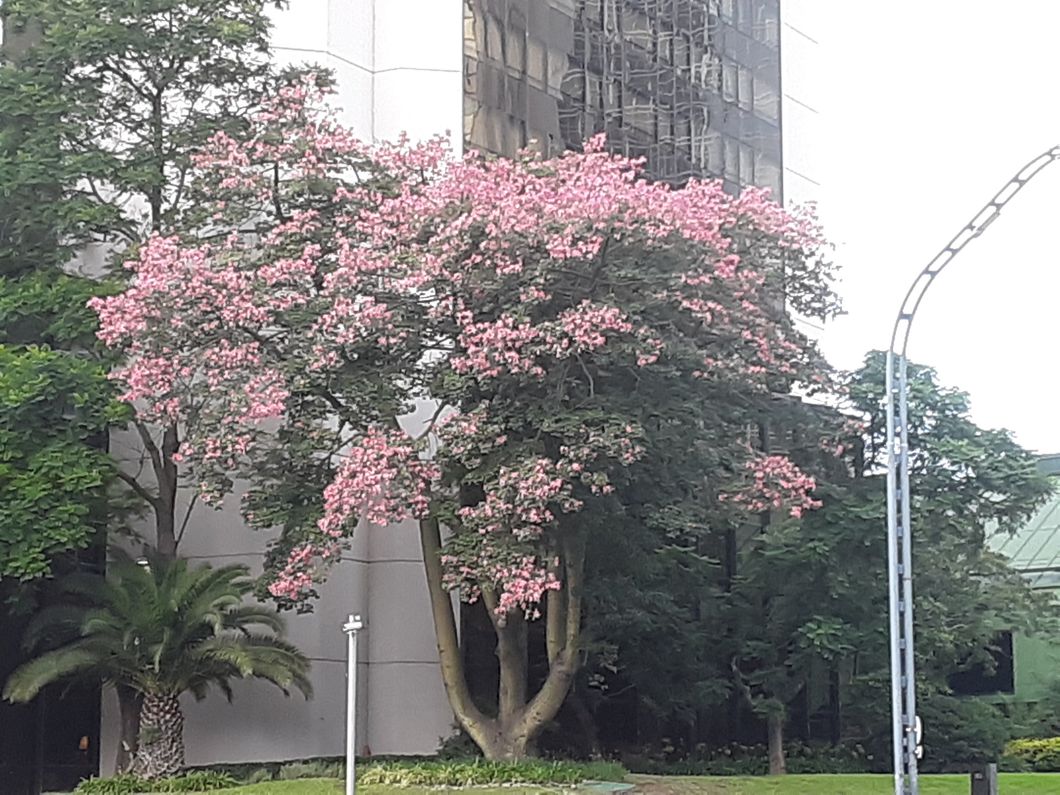Learning A Language Abroad The Right Way
The expectations and pressures of learning a language.
I write this while I'm in Buenos Aires Argentina, the "Paris of South America".

The streets are filled with hurried people and powerful smells. Everybody has an agenda, a place to be, a thing to do. It seems as though they are oblivious to the sights around them, unbothered by the modern architecture and the antiquated structures, creating a distinct contrast. I suppose living in such a surreal place can condition one to take such a spectacle for granted, (from my perspective). Though these remain imperative to what we know as Argentina, there is something so special in the communication exchanged, or from the root from which it stems: language.
Sure, people may view it as just another 'Spanish speaking country' but there's so much more. Just to focus on one aspect, the sound and stream of the words is unmistakably distinct. Not only is the dialect different with particular colloquialisms and accents, but the sound is alluring. In between words lie a sing-song rhythm that create a different tone entirely.
Trying to learn the Spanish language here is challenging. Certain phonetics are pronounced differently, slang consumes casual conversation, but more than anything, there is a confidence in Argentine people that can present as intimidating to the language learner.
Though this felt ubiquitous at first, it all changed when I met Catalina: a small, vivacious, older woman in her seventies who stays up till far past the middle of the night. She lives her life unapologetically, alone, strong, and secure.
She took two other girls and me in during our stay here. We may only be here for three weeks, but it's a full-time job.
I speak to her in broken Spanish with a somewhat butchered accent, only conveying my intended message occasionally, or so I think. She knows a few words in English but ultimately doesn't know the language. I'm sure it's frustrating to endure my confused sentences constantly. Yet, she's patient. She's understanding. She's caring.
There's this unspoken rule that when someone speaks in an unfamiliar language and gets something wrong, a verb tense, pronunciation, what have you, it should be corrected. To stop them and acknowledge their mistakes is crucial in order to further their knowledge and abilities. But I didn't fully understand the damage this can create until talking with Catalina.
In my studies here, there's an importance in the specificities in Spanish linguistics. It's complicated, so it's seen as crucial to recognize errors and correct them. But I can't speak in class the way I do with Catalina. Not necessarily because there's a component of academic evaluation but because of the futile standard of perfection.
My professor asks a question, I open my mouth, slightly inhale, ready to speak...and then stop. My mind formulates what I want to express, but it's no longer about the context. It's the structure of the sentence, the grammar, syntax, pronunciation. I feel pressure to impress, or at the very least meet some expectation they have for me, whether it be warranted for or not.
I'm still at a level where I translate from English to Spanish before I speak in complex sentences. It takes time to construct my thoughts, to compose myself before exposing a vulnerable newfound ability of mine.
I remain quiet in class, return to Catalina's house and suddenly ...the floodgates open. My lips spread apart, my mouth opens, and words come flowing out. Much of the time the content is not conjugated correctly nor in the right order. Nor are they pronounced in the appropriate manner.
But it's not of importance to her.
She cares about the context, my emotions, my expressions. She doesn't reach for a computer to pull up a translator. My broken Spanish is no longer the focus, it's the communication between us.

I'm struggling, every phrase and every word I want to say is still a battle. It takes courage.
Despite this, I'm improving every day because of Catalina.
Perhaps, one day, I'll be walking the streets of Argentina, eyes straight ahead, one foot in front of the other. Moving with intention while looking to the person to my left and speaking in "perfect Spanish". We are surrounded by the noisy sounds of the city, and that person laughs, it's Catalina.
Tomorrow could be that day. Just remove the perfection and it's possible. 'Perfect' is not crucial to communication. Despite what we may believe.
When we place pressure on language learners to speak in flawless form and accent, it's discouraging. When we turn to translators instead of taking the time to focus on the content rather than the structure, it's insulting.
When listening to language learners, have patience, be understanding. Focus on the exchange, the bigger picture, what they're trying to participate in, rather than narrowed critiques.
That's how they/we truly learn.
Learning a language while experiencing a vibrant culture is immersive but can be hard, take it from me.
But with people like Catalina, it is and will get easier.





































